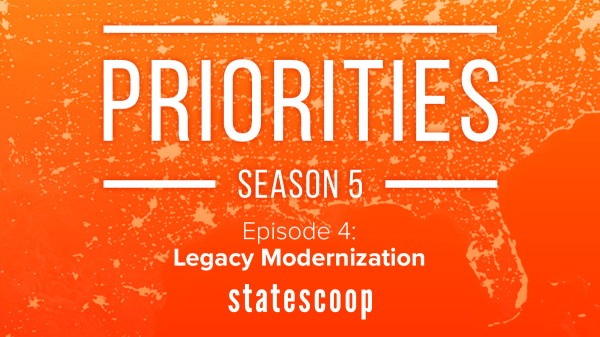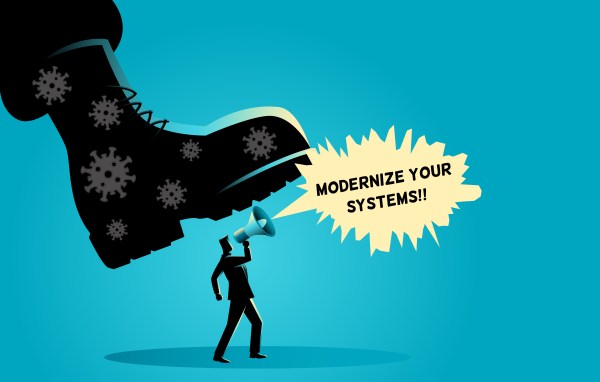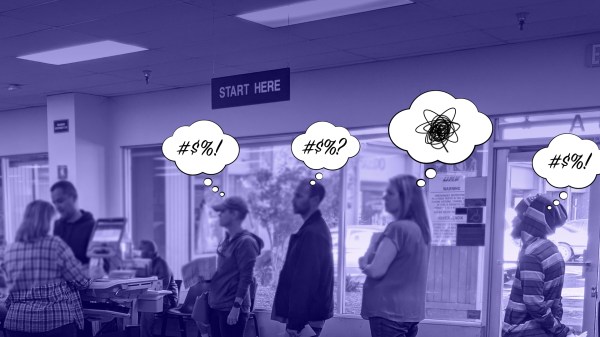Widespread disruption of government operations and millions of students moving their educations online are but two signs that the novel coronavirus pandemic is changing the face of daily life for nearly everyone.
As the virus has spread and the number of confirmed cases of COVID-19 has risen in recent weeks, the consequences have proven diverse. Schools have closed and large events everywhere have been cancelled — including the National Association of State Chief Information Officers’ midyear conference, which was to be held in National Harbor, Maryland, this May — as governments urge people to practice social distancing.
In states that reacted early, government leaders had some time to prepare the technical resources needed to move their workforces online as they’ve continued to provide services to the public. But many states’ incident response plans don’t include contingencies for pandemics and levels of responsiveness and continuity of business have varied depending on the region.
A constellation of minor occurrences have presaged a more demanding challenge ahead. In mid-March, governors asked the federal government for an extension on the October deadline to adopt new identification standards, called Real ID, a sign that the current health crisis wasn’t expected to quickly blow over.
Many states have ramped up advertising of their online services, which can save unnecessary trips to government offices and limit exposure to the virus. Louisiana waived the fee to use its digital driver’s license app.
Companies in all lines of business have begun offering free trials during the pandemic, both out of a sense of service during a difficult period and in hopes of finding new customers as they head into uncertain economic terrain.
In this collection of news coverage, our reporters show how the current health crisis is challenging leaders and how people are adapting to the changes, as well as sharing some of the resources that can perhaps help slow — and eventually stop — the spread of the illness.





